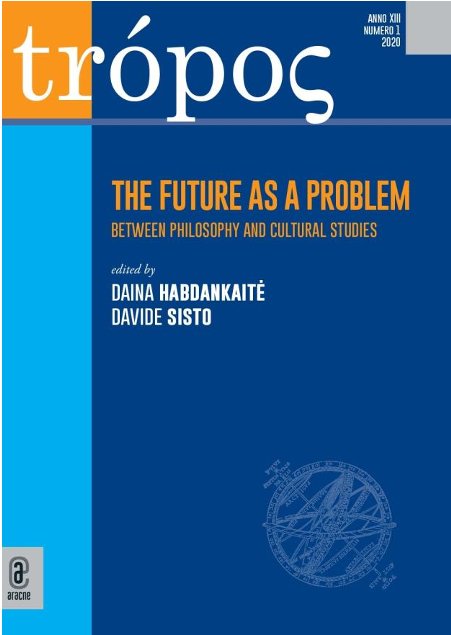Beyond One Image of Future
DOI:
https://doi.org/10.13135/2036-542X/8085Keywords:
Futurability, Future, Futurity, Imagination, Voir-venirAbstract
What kind of imagination do we need ‘to see the future’? Stemming from Heidegger’s interpretation of the transcendental power of imagination as ‘original time’ in his Kant–Buch, this article focuses on a few significant points that follow this assumption: the tendency to conceive time in terms of wholeness and, consequentially, to condition the freedom of imagination. I claim that, since imagination is not able to establish arbitrary relations to time, it always fights with time for its freedom. This is why, in its primary function, transcendental imagination of future expresses its kinship with utopias which acquire a spatial topography of an island. As an alternative, I discuss several threads of thinking that emancipate the future from the paradigm of “one image.” In this respect I present two philosophical conceptions — futurability (by Berardi), futurity (Derrida) and voir venir (by Malabou) — which attempt to establish relations to the future time through its dimension of multiplicity and does not spark the utopian fantasy yet proffers the commitment to relations that would not be subordinated to human determination.


